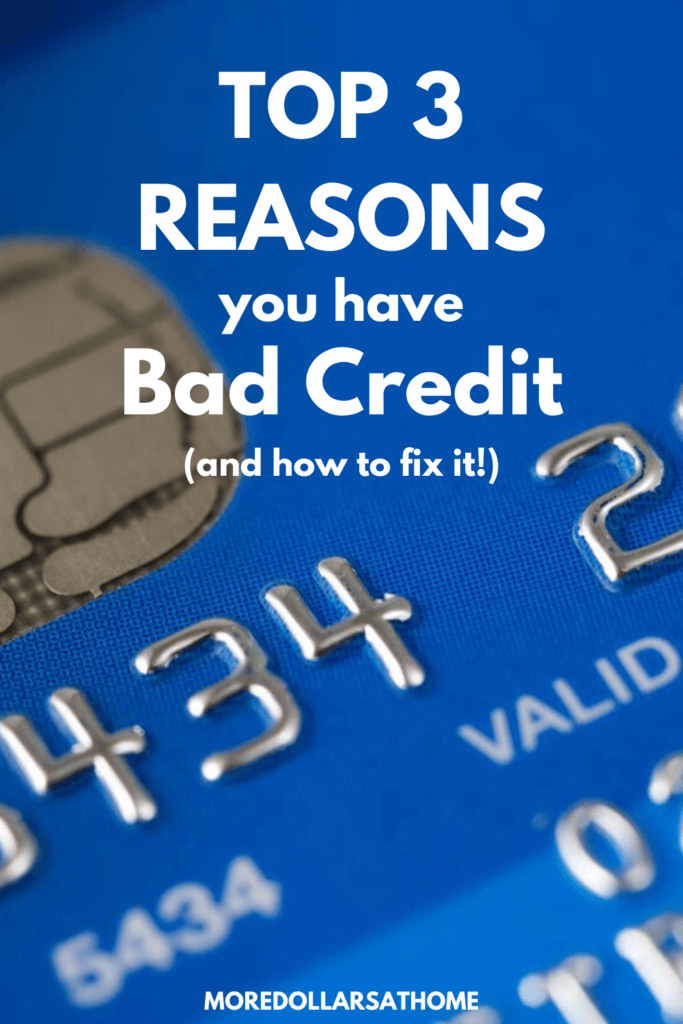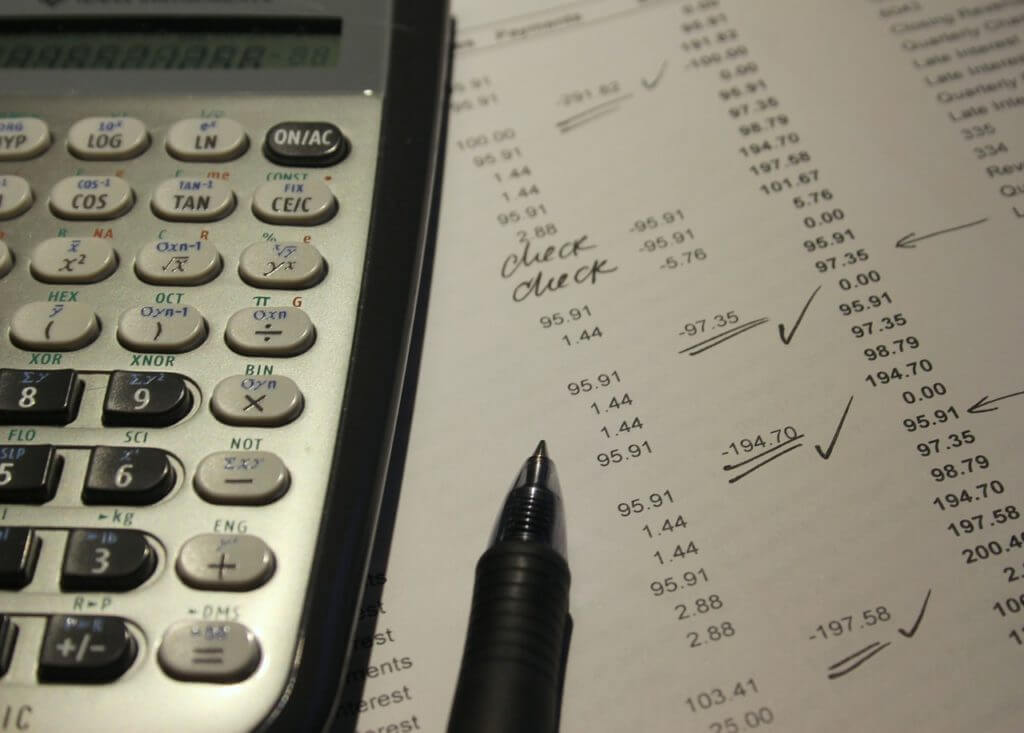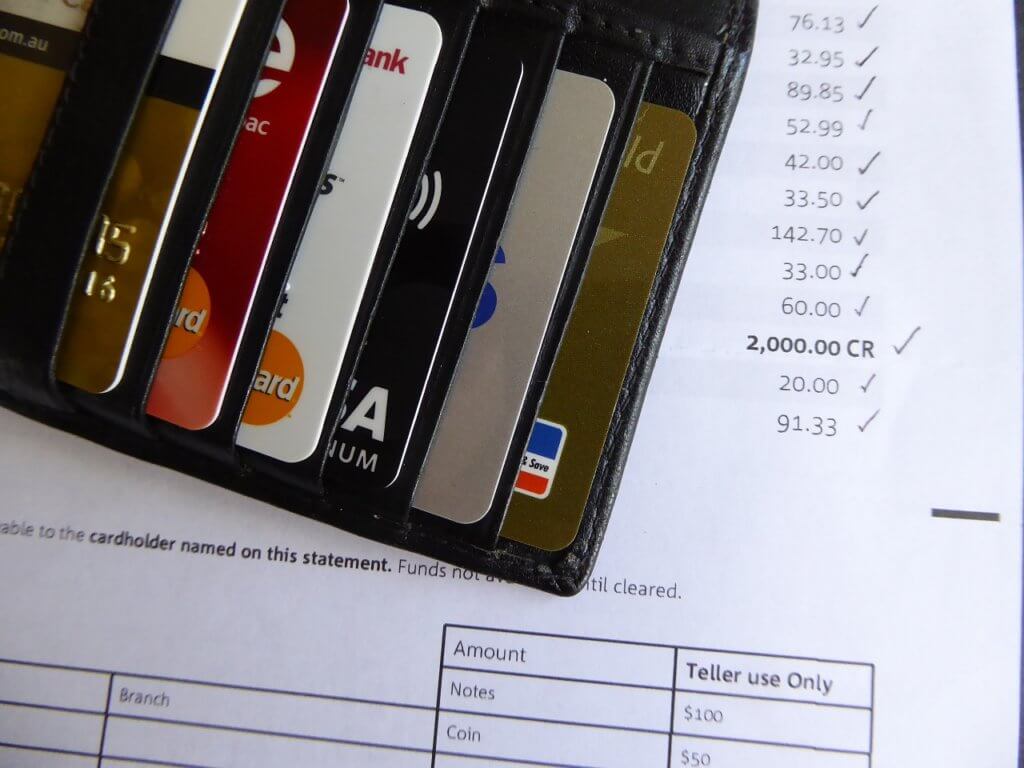Having bad credit can lead to serious headaches. And there can be several reasons why you have bad credit. Credit is a necessary part of life.
From finding a place to live, a car to drive, and even getting a job – these are just some examples of when a bad credit rating returns to bite you.
Bad credit can result from a number of things, including maxing out credit cards, ignoring bills, and defaulting on payments or going bankrupt.
Here are the three most common reasons you have bad credit and the ways that you can avoid them.
Common Reasons You Have Bad Credit

1. Missing Payments
This might seem like a no-brainer, but missing payments is pretty much the easiest way to mess up your credit score. You’d be surprised how many people think it’s okay to miss bill payments.
Your credit score is based in part on how you managed past credit obligations, such as paying your phone bill. That’s right, even something as simple as your phone bill can reflect poorly on your credit.
Missing payments can affect your credit score in three ways:
Frequency of late payments
Recency of late payments
Severity of late payments
Frequency of late payments
If you are late on your payments all the time, you will be penalized more severely. This type of credit activity shows creditors that you are unreliable and cannot keep up with regular payments.
Even if you do this every once in awhile, it will still impact your credit score.
Recency of late payments
Most credit score models will look closely at the past two years of credit activity to determine your credit score.
By this logic, failing to pay bills on time five years ago will have less impact on your credit score overall than failing to pay bills on time in the past year or two.
Severity of late payments
How late were you on your payments? Was it just a few days or was it weeks or months? Your credit score will be impacted by precisely how late you were on your payments.
How to avoid missing payments
This one couldn’t be more simple: Don’t be late on payments. Even if it doesn’t seem like a big deal to you, know that your credit score will be significantly affected by ignoring your bills.

If you find yourself routinely forgetting about bills, rethink your organization strategy. Rather than throwing your bills on the counter where they will inevitably become buried beneath flyers and newspapers, pin them to your fridge or somewhere similar where you’ll see them.
Take the time to see how much is due and when, and use a bright red marker to write on the front of the envelope what you owe.
Then, every time you go to grab a snack, you’ll have a visual reminder of what you owe.
Another method is to consider setting up a reminder on your laptop or mobile calendar. Set it so that an alarm goes off five days before the bill is due.
This will give you some time to make sure that you have the funds needed to make the payment and pay it well before it affects your credit score.
Alternatively, if you are financially responsible enough to always have a certain amount of money in your bank account, you can set up your bills to be automatically withdrawn each month.
This way, you’ll never be late for a payment. However, you can incur fees from your bank and from on the bill you owe if the company tries to withdraw money from your bank account that isn’t there.
This option is only advisable for those who consistently maintain a balance of at least $1,000 in their account.

Now that you know the main reasons you have bad credit, here are a few more financial decisions that would affect your credit rating.
2. Closing credit card accounts
Have you ever thought:
“If credit cards are risky business, why not just close the accounts and pay for things with cash or debit?”
“If I don’t use or need a credit card anymore, can’t I just close the account?”
It’s no surprise that people get sucked into this way of thinking. While credit cards can be dangerous, they are an important factor in building and maintaining a healthy credit score.
Closing accounts can be just as bad for your credit as missing payments altogether. It could also be one of the reasons you have bad credit. Closing a credit card account will never increase your credit score.
As time goes on, the credit you built with that card will drop off your credit score. In most cases, your credit information will automatically disappear from your records after seven years.
Years later, when you’re looking to make a big purchase and a seller, lender, or financial institution looks into your credit, they won’t be able to see your good credit history.
Conversely, an actively-used card will allow sellers, lenders, and financial institutions to look into and see your good credit history.
This is because the DLA (Date of Last Activity) will be renewed each and every month.
How to avoid closing credit card accounts
This is a simple but important solution: Don’t close your credit card accounts. And before you begin worrying, know that this doesn’t mean you have to continue racking up a massive monthly bill with the card.
Don’t stop using it altogether, either. If you stop using your credit card completely, you won’t be generating any revenue for the credit card company.
This will cause the company to shut down your card without your consent because you will be seen as a liability instead of the asset you once were.
All you have to do to prevent this from happening is use the card a minimum of once per month on a low cost item such as a dinner, socks, etc. When the bill comes, pay it in full and on time.
Do this every month and your card will never be shut down and will allow financial institutions to clearly see your great credit history.
![]()
3. Settling with your lender on a past due account
“Settling” is when a credit company accepts less money than what you owe on your account. For example, if you owe a credit card company $5,000 but for some reason cannot pay them in full, they may work out a deal with you where you pay them less than the full amount.
In this way, the company has “settled” for less than what you contractually owed them. Don’t be fooled, while this may sound like a good idea, it’s not.
While you don’t have to pay the full amount of what you owe, the lender will be required to report a deficiency balance for the remaining amount on your credit history.
A deficiency balance is considered a negative item to the credit bureau and will affect your credit as severely as extremely late payments.
How to avoid having a deficiency balance on your credit history
The best way to avoid this is of course to simply pay the full amount that you owe to the credit company.
Many times, if you call the company directly and explain your circumstances and that you intend on paying what you owe in full, they can work with you to extend your payment date.
If however, you absolutely cannot pay the full amount, try to work out a deal with your lender so that they will not report the deficiency balance to the credit bureau.
If they don’t agree to this, the deficiency balance in your credit history will affect your credit for seven years.
Hopefully after reading this, you have realized the reasons you have bad credit, and can now get started fixing your credit rating.
Read more about:
Here’s how to use the Debt Snowball Method to pay off all your debts!
Our top picks for Family Movies on Amazon Prime
Easy and cheap ways to stay cool without turning on AC!
Want to read about Real Businesses You Can Do From Home?
